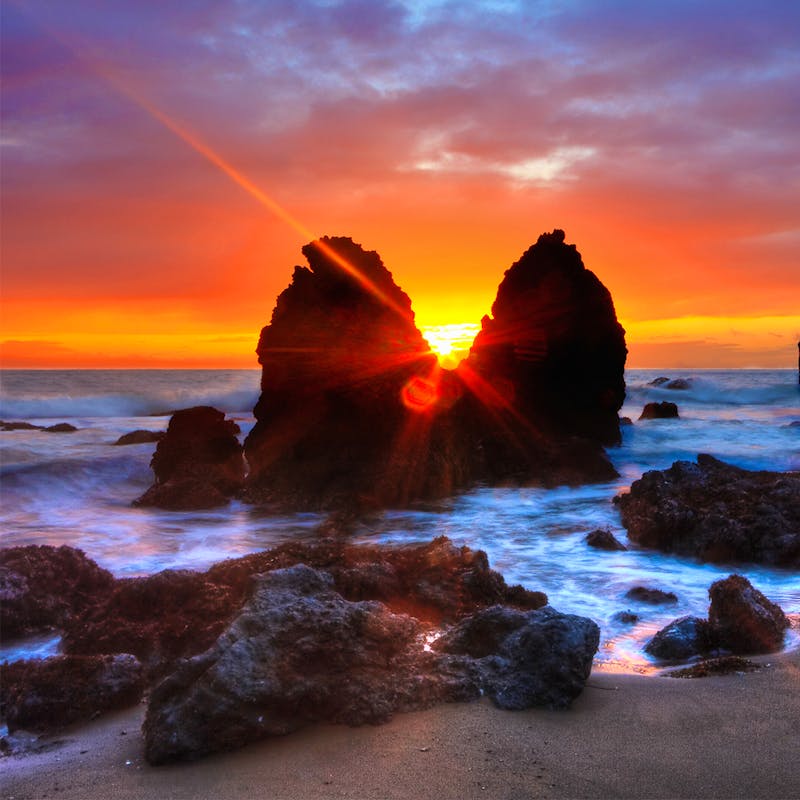In a move welcomed by the conservation community, the Gulf of Maine lobster fishery will no longer seek recertification under the “blue fish tick” ecolabel, a program of the Marine Stewardship Council (MSC) that purportedly assures consumers that products carrying the label come from “sustainable” fisheries.
This week, the Maine Certified Sustainable Lobster Association (MCSLA), composed of a number of companies operating in the Gulf of Maine, formally withdrew its fishery from the MSC program. First certified by MSC in 2016, the fishery overlaps with habitat for the critically endangered North Atlantic right whale. The Animal Welfare Institute, Defenders of Wildlife, and the Natural Resources Defense Council filed a formal objection to the proposed renewal of MCSLA’s certification in 2022, noting that the fishery still poses a direct threat to right whales.
The animal welfare and conservation groups explained that recertifying the lobster fishery would be inconsistent with the best available science, which indicates that the fishery poses a deadly entanglement risk to this rapidly declining whale species and violates both the Endangered Species Act (ESA) and the Marine Mammal Protection Act (MMPA).
“This move strengthens the integrity of the MSC program and will give consumers more confidence in purchasing products that do not further imperil critically endangered species,” added Jane Davenport, a senior attorney at Defenders of Wildlife. “We encourage the American lobster fishery to adopt innovative gear technologies that avoid entanglements to move towards a future where right whales and a thriving lobster industry coexist.”
“North Atlantic right whales are at a critical tipping point, and the MSC blue tick label should not be awarded to any fishery that has the potential to push the species closer to extinction,” said Kate O’Connell, marine wildlife consultant for the Animal Welfare Institute. “Consumers deserve to have confidence in products that were supposedly vetted as ‘sustainable’ by the leading seafood certifier in the world.”
The Gulf of Maine lobster fishery, which is responsible for more than two-thirds of US lobster landings, had its MSC certification temporarily suspended in 2020 after a federal judge ruled that the US government had violated the ESA in authorizing the fishery. The certification was reinstated in 2021 by an industry-backed assessment body, MRAG, even though the fishery’s mitigation practices were still insufficient to protect right whales. A second suspension was issued in November 2022, following a second federal court ruling that the fishery did not comply with the MMPA and ESA.
The MSC ecolabel has come under increasing scrutiny by marine scientists and conservationists who believe that MSC standards are lax — allowing fisheries with significant marine wildlife bycatch problems to still be certified. Entanglements in commercial fishing gear, for instance, is the leading cause of serious injury and death in right whales, hastening their overall decline. Last year, the Monterey Bay Aquarium Seafood Watch program followed the science and the law and red-listed lobster and crab sourced from these fisheries.
Fortunately, there are viable remedies, such as on-demand fishing systems that eliminate the need for ropes suspended in the water for long periods. MSC must do its part by encouraging fisheries to adopt such practical solutions and by ceasing to certify fisheries that continue to harm endangered whales.
“The decision made by the fishery to withdraw from the MSC program is the right move for North Atlantic right whales and for seafood consumers, who deserve to be able to trust the ecolabels they rely on,” said Dr. Francine Kershaw, senior scientist at the Natural Resources Defense Council. “We hope that the fishery now starts to take meaningful steps towards fishing using ropeless (or ‘on-demand’) fishing systems, which virtually eliminate entanglement risk and will allow us to once again enjoy Maine lobster without fear of harming one of our nation’s most treasured whale species.”
For over 75 years, Defenders of Wildlife has remained dedicated to protecting all native animals and plants in their natural communities. With a nationwide network of nearly 2.1 million members and supporters, Defenders of Wildlife is a leading advocate for innovative solutions to safeguard our wildlife for generations to come. To learn more, please visit https://defenders.org/newsroom or follow us on X @Defenders.
Media Contact
News

Study Led by Defenders of Wildlife Scientist Shows Noise Pollution Impacts on Migratory Birds




